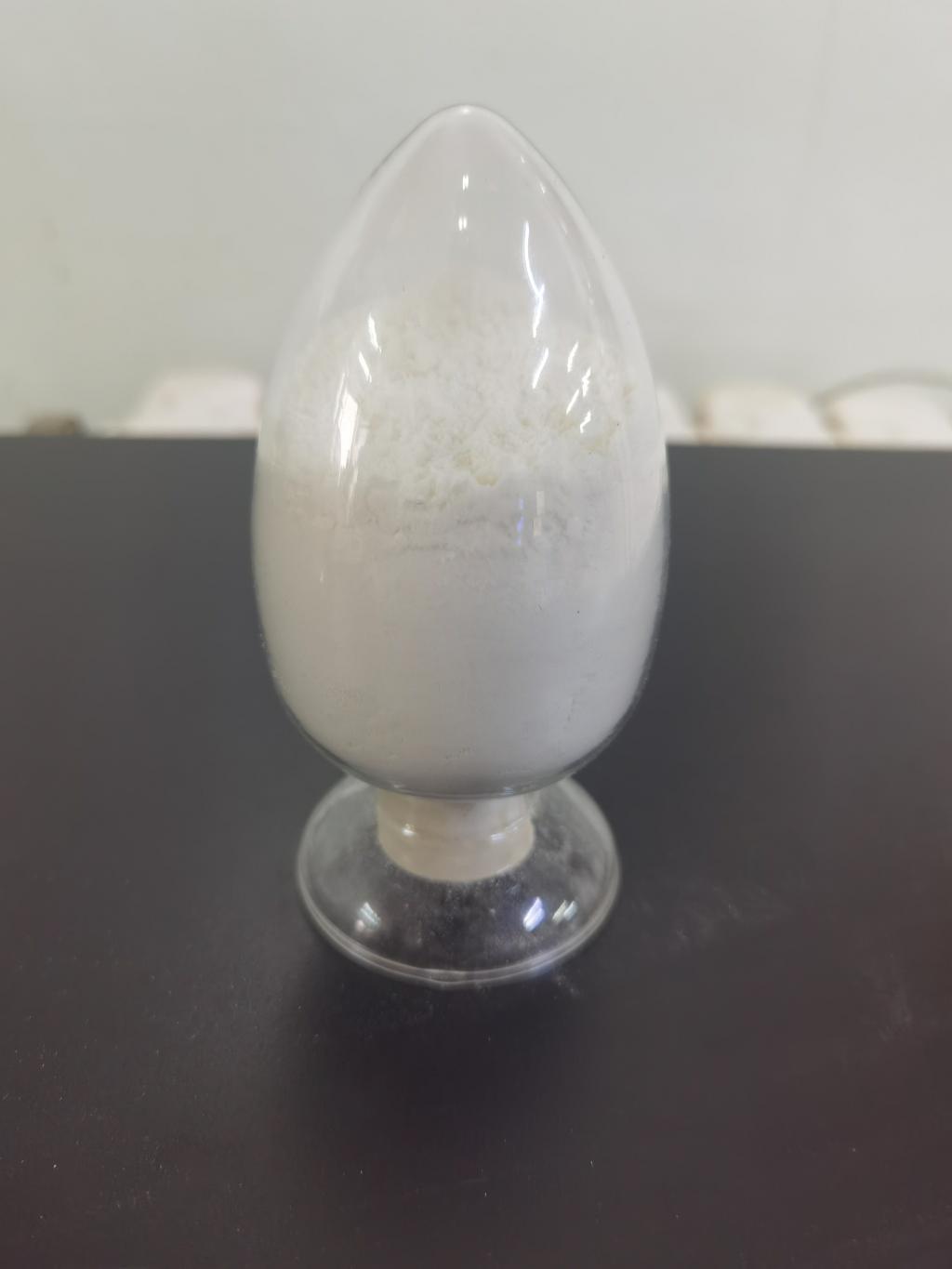Tel:+8618231198596

News
 CONTACT
CONTACT
 CONTACT
CONTACT
- Linkman:Linda Yao
- Tel: +8618231198596
- Email:linda.yao@dcpharma.cn
- Linkman:CHARLES.WANG
- Department:Overseas
- Tel: 0086 0311-85537378 0086 0311-85539701
News
Current Position:
Home >
News
>Can ε-Polylysine hydrochloride be used as a preservative in beverages?
Can ε-Polylysine hydrochloride be used as a preservative in beverages?
TIME:2023-07-25
Introduction
Beverages, such as juices and soft drinks, are susceptible to microbial spoilage and degradation due to their high water content and favorable pH conditions for microbial growth. Preservatives play a crucial role in extending the shelf life of these products and maintaining their safety and quality. The food industry is increasingly exploring natural and safe preservatives to address consumer demands for clean-label products. ε-Polylysine hydrochloride, a natural antimicrobial peptide, has garnered attention as a potential preservative for beverages due to its unique properties.
Understanding ε-Polylysine Hydrochloride
2.1. Definition and Properties
ε-Polylysine hydrochloride is a cationic polypeptide composed of repeating lysine units. It is produced by the fermentation of Streptomyces albulus, a bacterium known for its ability to synthesize this natural antimicrobial compound. The polymerization of lysine molecules results in a chain structure that imparts antimicrobial activity.
2.2. Antimicrobial Efficacy
The primary mode of action of ε-Polylysine hydrochloride is its interaction with microbial cell membranes. It can disrupt the cell membrane structure, leading to the leakage of cellular contents and eventual cell death. ε-Polylysine exhibits broad-spectrum antimicrobial activity against various bacteria, yeasts, and molds.
Application in Beverage Preservation
3.1. Extending Shelf Life
One of the primary objectives of using ε-Polylysine hydrochloride in beverages is to extend their shelf life by inhibiting the growth of spoilage microorganisms. Its effectiveness against a wide range of pathogens and spoilage organisms makes it an appealing candidate for preserving beverages.
3.2. Preservation of Nutrient Content
Traditional preservatives may alter the nutrient content of beverages over time, affecting their nutritional value. ε-Polylysine hydrochloride's gentle antimicrobial action may help maintain the nutrient integrity of the product during storage.
3.3. Minimizing Chemical Preservatives
The incorporation of ε-Polylysine hydrochloride in beverages can potentially reduce the reliance on chemical preservatives, thus aligning with consumer preferences for clean-label products.
Safety Considerations
4.1. GRAS Status
In the United States, ε-Polylysine hydrochloride has been granted Generally Recognized as Safe (GRAS) status for various food applications, including beverages. This designation is based on rigorous safety assessments by regulatory authorities.
4.2. Allergenicity and Sensitization
As with any food ingredient, ε-Polylysine hydrochloride may pose a risk of allergenicity or sensitization in certain individuals. Allergenic potential should be considered, and proper labeling is essential to inform consumers.
4.3. Adverse Effects
Studies have generally shown ε-Polylysine hydrochloride to be safe for consumption. However, potential adverse effects at higher concentrations warrant further investigation.
Impact on Beverage Quality
5.1. Taste and Flavor
Preservatives can sometimes alter the taste and flavor of beverages. Sensory evaluations and optimization of dosage are necessary to minimize any potential impact on the overall sensory profile.
5.2. Color and Appearance
Certain preservatives may cause discoloration or changes in the appearance of beverages. Evaluating the visual attributes of products containing ε-Polylysine hydrochloride is important to ensure consumer acceptance.
5.3. Texture and Mouthfeel
Beverage preservation may also affect texture and mouthfeel. Proper formulation and testing can help maintain desired product characteristics.
Regulatory Considerations
6.1. Maximum Permissible Levels
Regulatory authorities specify maximum permissible levels of ε-Polylysine hydrochloride in food products, including beverages, to ensure consumer safety and prevent misuse.
6.2. Labeling Requirements
Clear and accurate labeling of beverages containing ε-Polylysine hydrochloride is essential to inform consumers of its presence and purpose.
Synergistic Effects and Formulation
7.1. Combinations with Other Preservatives
Exploring the synergistic effects of ε-Polylysine hydrochloride with other preservatives or processing methods may enhance overall preservation efficacy and product stability.
7.2. Encapsulation and Delivery Systems
Advanced encapsulation and delivery systems can protect ε-Polylysine hydrochloride during beverage processing and storage, optimizing its antimicrobial function.
Conclusion
The application of ε-Polylysine hydrochloride as a preservative in beverages, such as juices and soft drinks, holds significant promise. Its natural origin, broad-spectrum antimicrobial activity, and GRAS status make it an attractive alternative to traditional chemical preservatives. However, further research is necessary to fully explore its potential, optimize formulation, and address potential challenges. With proper safety evaluations, regulatory compliance, and consumer acceptance, ε-Polylysine hydrochloride has the potential to contribute to safer, longer-lasting, and high-quality beverages in the market. As consumer preferences shift towards clean-label and natural products, ε-Polylysine hydrochloride may emerge as a valuable tool for the beverage industry to meet these demands while ensuring product safety and quality.
- Tel:+8618231198596
- Whatsapp:18231198596
- Chat With Skype







